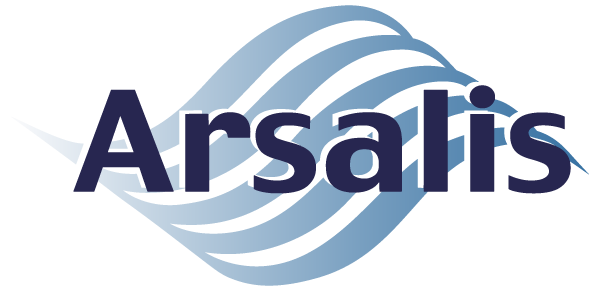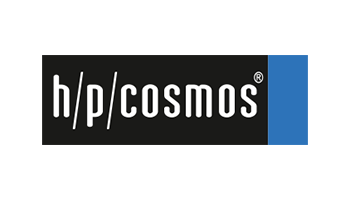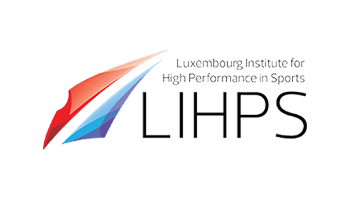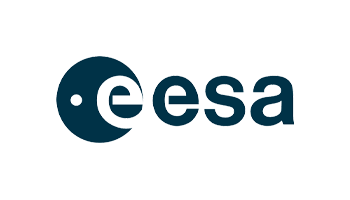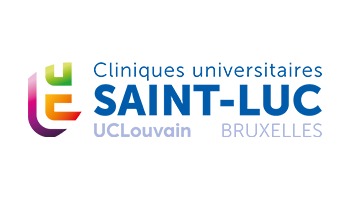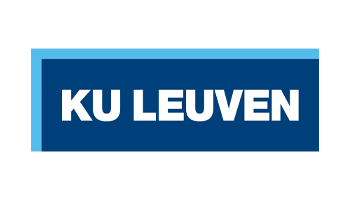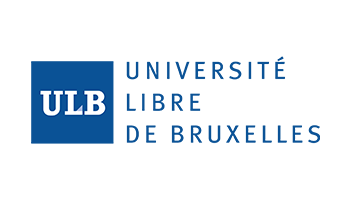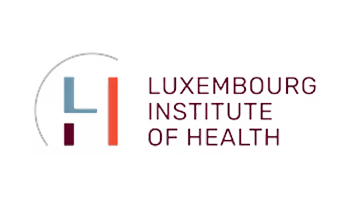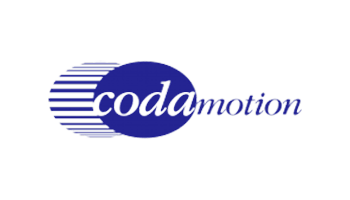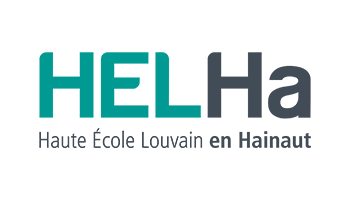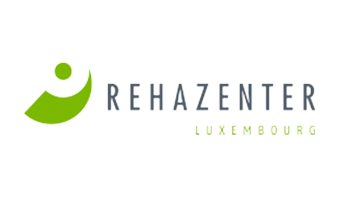
Arsalis is a spin-off of Université catholique de Louvain
Our history
Arsalis is a spin-off of the Laboratory of physiology and biomechanics of locomotion (LOCO) and the Laboratory of rehabilitation and physical medicine (READ) of the Institute of Neuroscience (IoNS) of Université catholique de Louvain (UCLouvain) in Belgium founded in 2005. Since the early 1980’s, these laboratories have developed an expertise in the measurement of human motor performance and in the clinical evaluation of rehabilitation. Arsalis turns this expertise into industrial human performance evaluation systems.
Arsalis has been involved in numerous national and international research projects, including the Fifth European Framework Program, National Geographic Society, European Space Agency, Cwality and Biowin. All our research projects aim to develop innovative equipment to drive science in the measurement of human motor performance or in the assessment of patients’ functional outcomes. Our projects involve biomedical devices for research, clinic and space applications.
Recently, Arsalis has started the development of products to support users in the field of research, rehabilitation and sports sciences with the assessment of patients and athletes. Our products combine mechanical, electronic and software components to port our scientific expertise to field applications. Our products exploit the innovations and know how developed in our research projects and are integrated with other lab equipment to facilitate data processing and automate reporting.
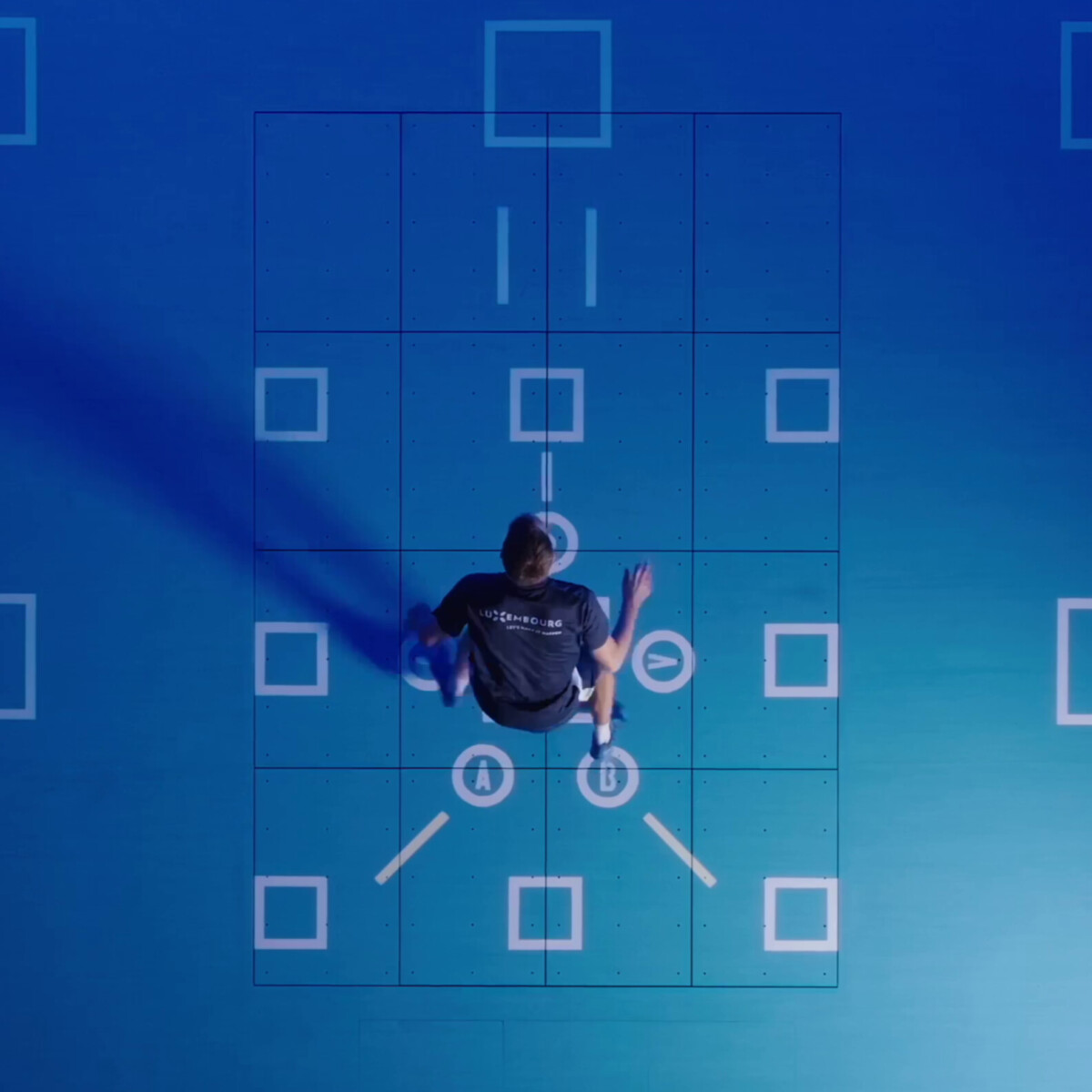
Our expertise
Our expertise is in developing integrated hardware and software instruments for assessing physiological performance. Our know-how includes mechanical design, custom force sensor design, integration of industrial sensors (e.g. force, acceleration, pressure, position, angle, temperature and moisture), printed circuit board design (analog and digital signals, microcontroller signal processing), data acquisition system design (signal sampling and processing) and physiological data interpretation. While our products are assembled in house, Arsalis relies on a strong network of sub-contractors like machine shops, stain gauge specialists and printed circuit board manufacturers.
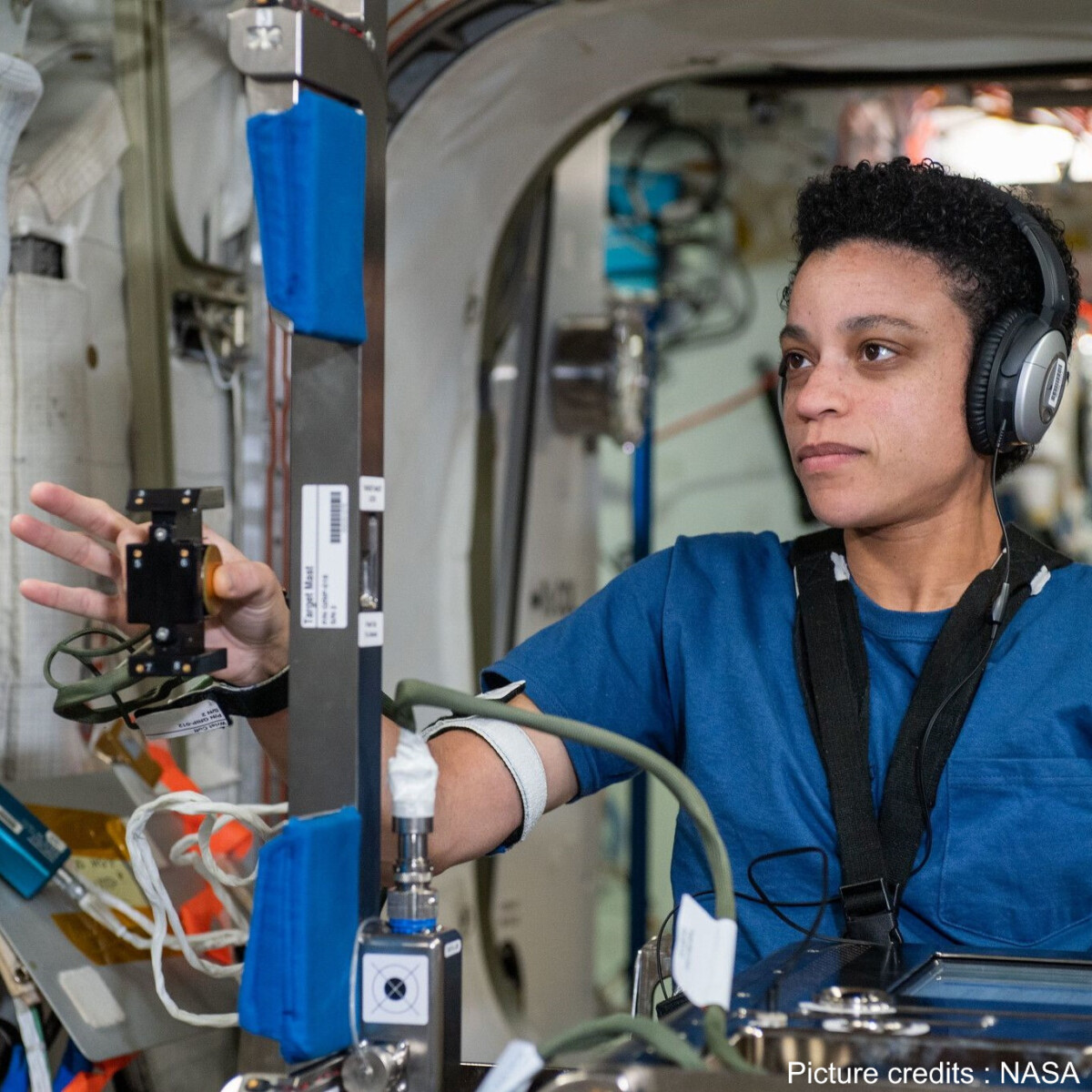
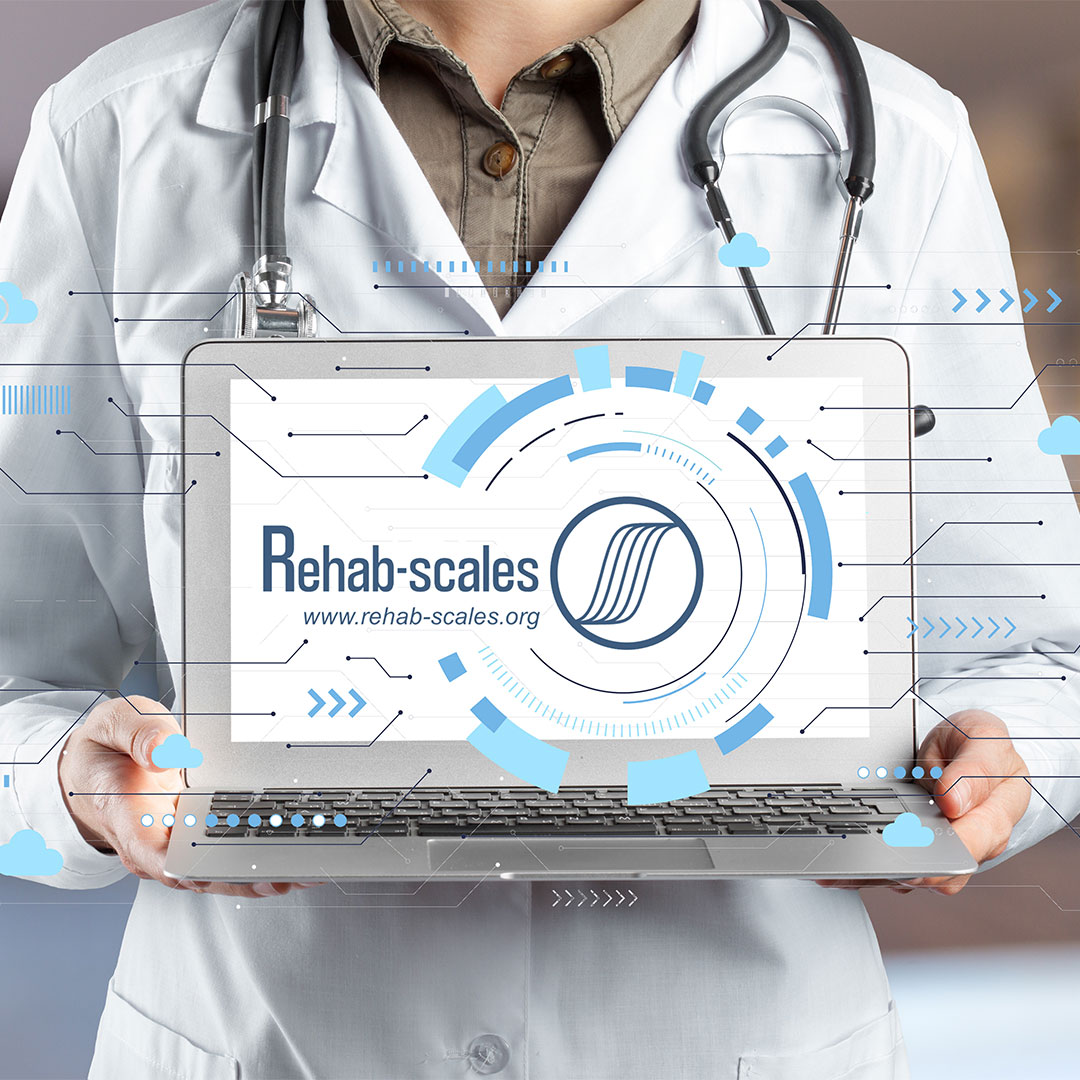
More recently, our university lab has acquired an expertise in Rasch analysis, which is particularly applicable to rehabilitation outcomes. Patient-related attributes, such as pain, intelligence, fatigue, disability, quality of life are generally assessed with questionnaires. These questionnaires report ordinal scores. In order to allow quantitative comparisons, either longitudinally or cross-sectionally, these scores need to be converted into true linear measures expressed on a continuous scale. The Rasch model is a probabilistic model that allows this transformation to be applied. Various rehabilitation scales have been developed in our lab by applying this methodology.
Arsalis has developed the world’s first web engine rehab-scales that provides an online report of patient scores. We also provide services to the clinicians in order to exploit these instruments on a daily basis.
Team
Our team totalizes five experts in physiological measurement systems and in rehabilitation assessments. Arsalis takes pride in ensuring the highest technical and scientific quality of all their products.
